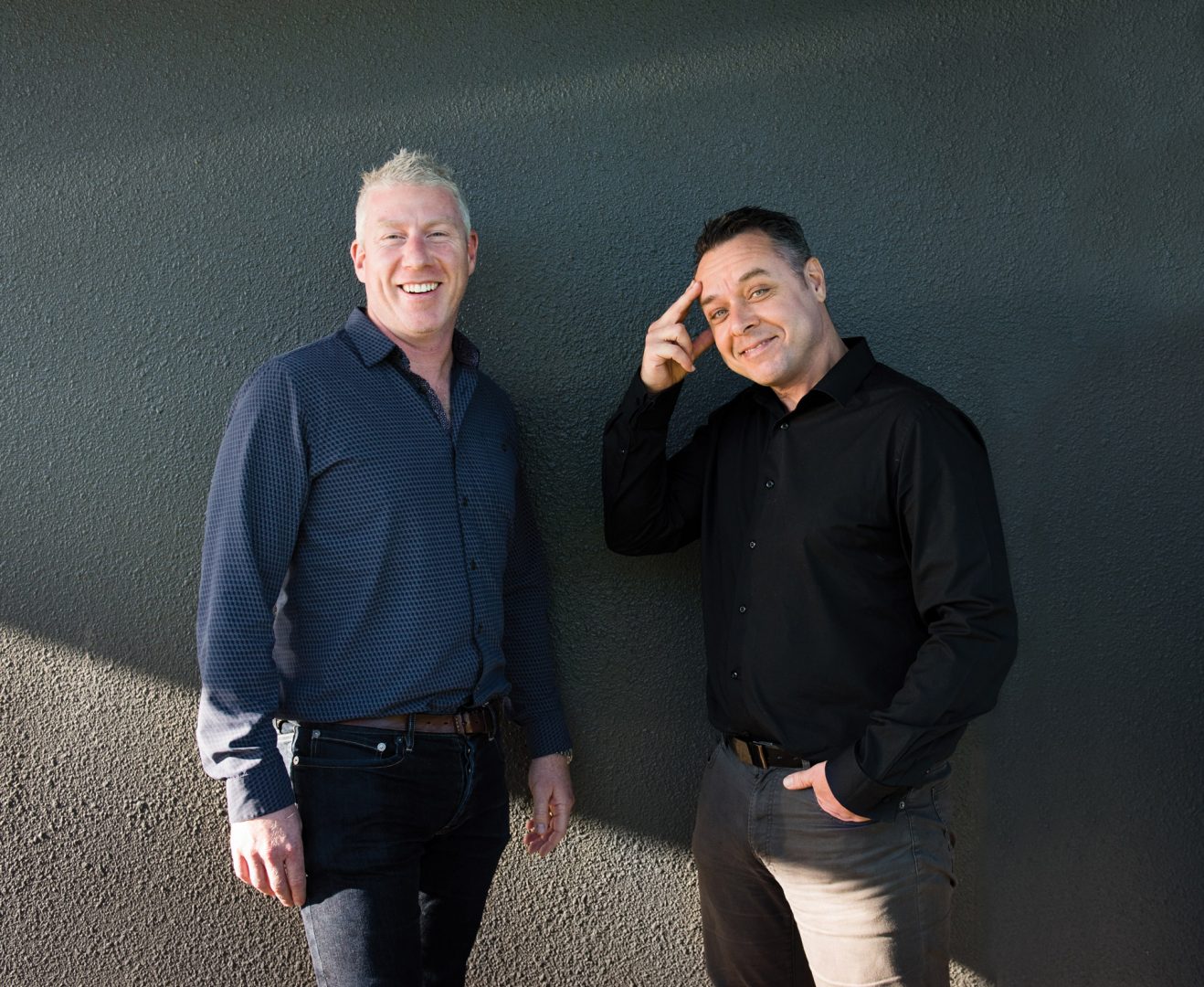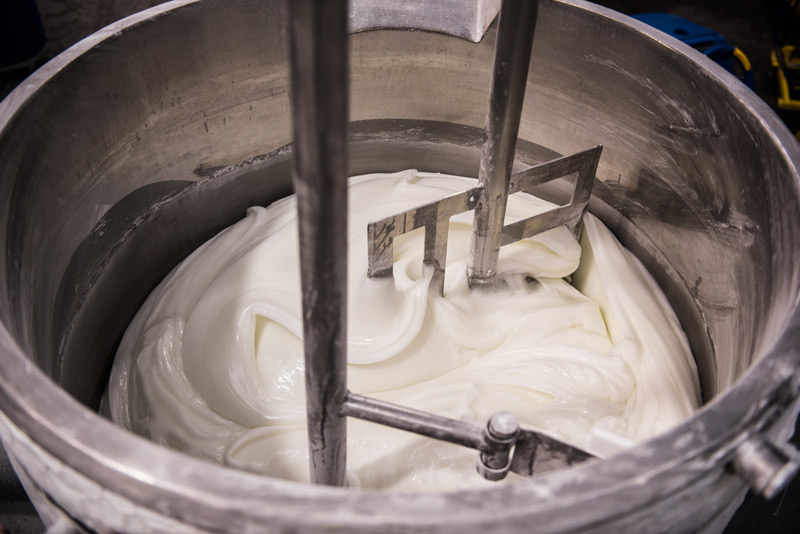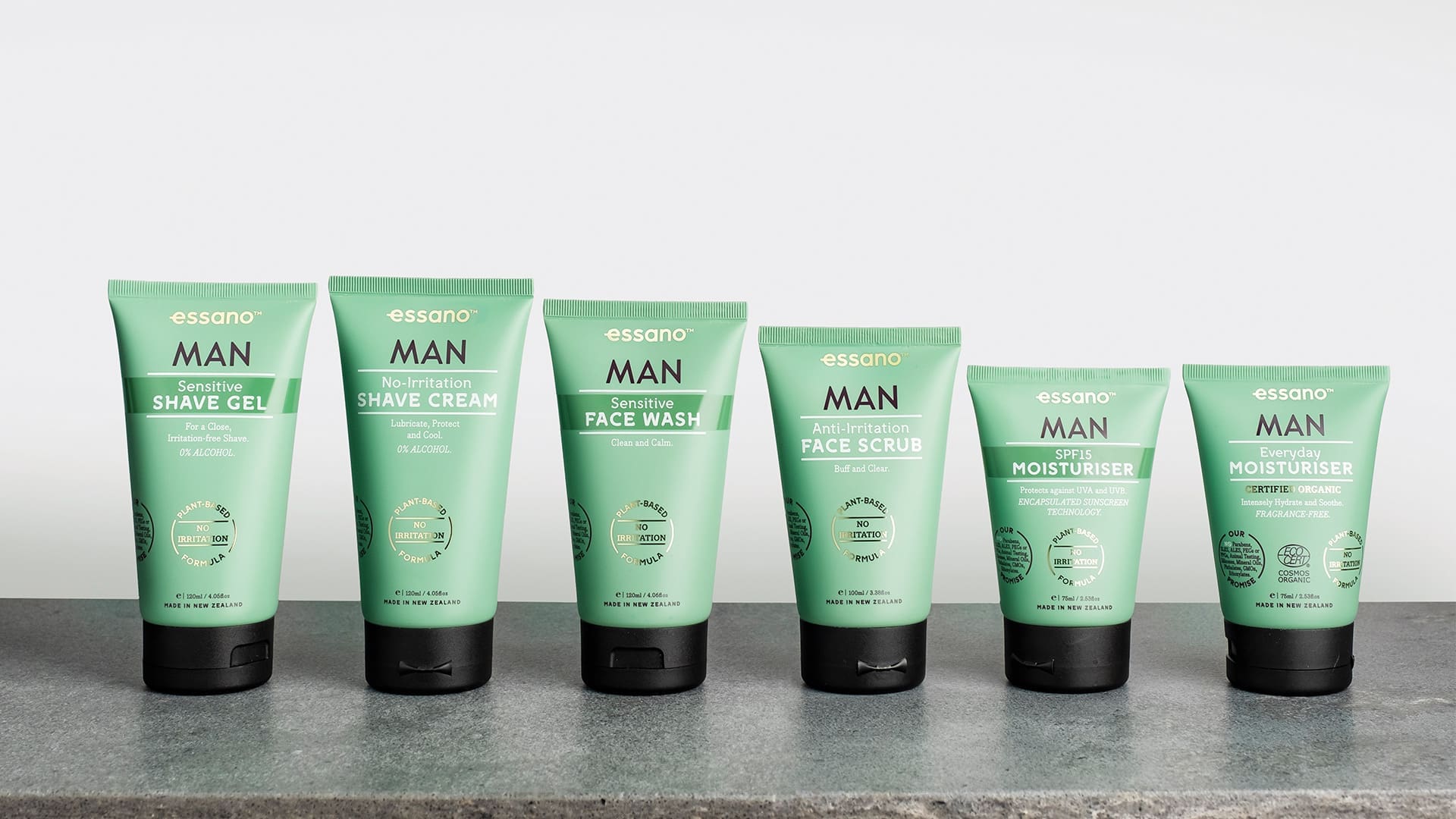NZ Natural For the Modest Man
Born in the back room of a barber shop in 2000, with nothing but a credit card and a second hand washing machine pump, essano is now the leading cosmetic maunfacturer in New Zealand. Nearly two decades later, founders Shane Young and Anthony Gadsdon continue to produce accessible top-quality products using powerful natural ingredients and rejecting harsh chemicals. Their latest venture essano MAN provides a range of mens products, from facial scrubs and creams, to beard oil and shaving gels. Co-creator of essano, Shane Young, once suffered from sensitive skin, used every product in the book, and then in his last-ditch effort to stay sane, he went natural.
We got to sit down with Shane and talk skincare, hurdles, the industry and his successes.
Are you a morning person or an evening person?
Morning person. I’m in bed most school nights by 9.30 -10pm. Sleep is underrated.
What does an average day at work look like for you?
I’m the Research & Development Director at essano, so my day is spent on overseeing new projects and new products. We are very lucky at essano as we get to create products from scratch and refresh products that have run their course.
We manufacture nearly all of our products onsite in our Auckland factory, so for a large part of my day, I am working closely with our awesome operations and chemist team on how to bring new concepts to life.

Co-founders Shane Young and Anthony Gadsdon
When was it that you realised the importance of health and skincare?
We originally started with the brand Primal Earth, which was born out of a need for a non-reactive facial shave product. I have always been prone to breakouts of eczema and dermatitis and getting this on my face after shaving was both annoying and embarrassing.
I personally mixed 200+ formulations to find the right combination for a great shave product, trialing ingredients on myself to see if I reacted, through this process, I quickly got schooled up on ingredients that created issues and safer alternatives that didn’t.
I got drawn into understanding ingredients that are now buzz words of despair for keyboard warriors like “Parabens” and “Sulfates” and how they are made and what issues they can be connected with. From a practical level, I was interested in a great skincare regime that didn’t react on my face – so you could say a pretty self-absorbed motivation really.
Was it difficult selling it to a male market?
Yes and no. The male skincare market is growing quite fast, with guys taking on board that a wash with soap isn’t the best longer-term strategy for keeping your skin clean and healthy, but it has taken a while. We have also seen a lot of the ladies in men’s lives make the first move in buying products specifically for him, so he is not using her very expensive products.
What’s the biggest hurdle you can face when releasing a new skincare product?
Getting enough traction with customers to make sure we stay on shelf. The retail space is very competitive and quite price driven, so you need to get product into customers hands quickly.
We use sampling as a tool to get that first trial. Once a customer has used us and trusts us, they become loyal to the product and through this, we get a lot of repeat business.
Are there any other new trends that are exciting you at the moment?
Yes. There are several we are exploring currently, especially around the hemp trend, so watch this space.

How do you see the skincare industry in the next 5 years?
The natural trend of “Free From” is now a lot more mainstream and customers are wanting to see benefits and results as well, so claims around these benefits are increasing.
Technology is also becoming more important and this is allowing personalised formulations that target specific concerns or needs being offered in premium channels and subscription models globally.
What process do you use to work on complex problems?
I map out the big picture first and make sure the end goals are clearly articulated, then I get very focused on the next single step. Flexibility is then more available to you because you know the big picture is sorted.
Complexity often creates rabbit holes that can take you off the track. You need to create time-outs to not focus on the project and then come back with a fresh view – easy to say, hard to do.
How would you define success?
Having time to stay healthy and working on projects that have real purpose.

